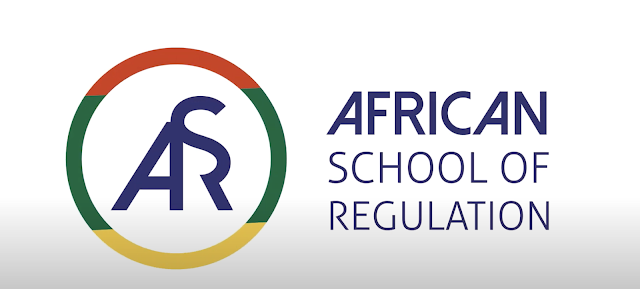Let me tell you a fun story about a school of regulation hosted at the European University institute which is located in Florence, Italy. The Florence School of regulation (FSR) has for several years provided capacity building for professionals in the energy sector, participated in policy formulation and standardisation of regulation within the energy sector. I was privileged to be part of the 2019 Open Africa Power fellowship which, together with Strathmore University in Nairobi was facilitated by the FSR and was an opportunity for young African professionals in the energy sector to obtain training, network and develop projects in an effort to provide solutions for energy poverty.
What are some of the challenges that inhibit Africa from providing universal access to sustainable energy? Let us cover a few of these;
· Lack of sustainable policies in the just transition for electricity access.
· Insufficient capacity building for stakeholders in the energy space including utilities and law makers.
· Lack of sufficient investment for energy projects including mini-grids that provide access to marginalized groups.
These are just but a few of the challenges faced in providing the necessary infrastructure required to provide efficient, reliable and affordable energy access.
The African School of regulation (ASR) that is currently hosted at the European University Institute and just like FSR, ASR seeks to address these challenges by providing the necessary capacity building and engaging in policy dialogue specifically for the African continent. ASR has the potential to revolutionize the contextual based training needs that is often overlooked when dealing with the African energy regulatory environment and interconnecting power pools.
But what is even more fun about ASR is that it is an African built initiative for Africans by Africans. So next time look out for courses offered by ASR that will be coming soon and hosted in a University in Africa. The move will also seek to provide job opportunities, for trainers and facilitators within the African Continent.
Have a look at the video below to learn more about ASR and what’s coming:

Comments
Post a Comment